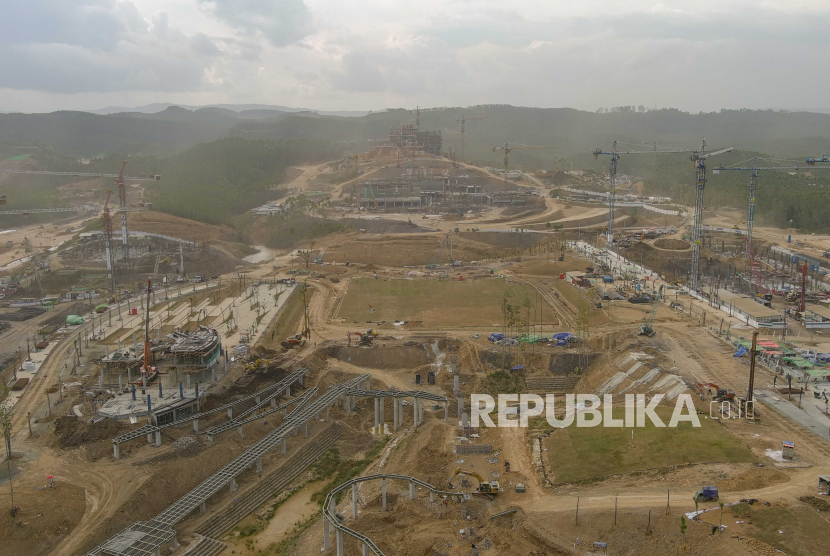Analyst: Indonesia's economic prospects remain positive in 2024

JAKARTA -- Indonesia's economic prospects are considered to remain good in 2024 despite the potential for a global economic slowdown. There are a number of indicators and conditions that reflect the positive prospects for the Indonesian economy.
Manulife Asset Management Indonesia (MAMI) Senior Portfolio Manager Equity Caroline Rusli said that Indonesia's Gross Domestic Product (GDP) growth in 2024 is expected to remain stable, supported by the potential for increased campaign spending ahead of the presidential and vice presidential general elections in February and regional head elections. (pilkada) simultaneously in November.
It is hoped that the democratic party can help restore people's purchasing power, especially the lower classes, through the disbursement of more massive social subsidies. In terms of inflation, the passing of the impact of the increase in subsidized fuel prices and good inflation control synergy between Bank Indonesia and the government, both central and regional, will keep inflation under control and low.
On the other hand, Caroline said that several risk factors need to be paid attention to for the economy, namely the direction of global benchmark interest rate policy, increasing geopolitical risk tensions, and the purchasing power of the lower and lower middle segments of society. Apart from that, the fiscal limitations of the United States (US) in supporting the economy can also be a risk factor for global financial markets.
Previously, Bank Indonesia (BI) set the economic growth rate at 5 percent for next year in BI's 2024 annual budget plan (RATBI). This prediction is lower than the 2023 economic growth prognosis of 5.01 percent.
In 2024, economic growth is expected to be influenced by domestic demand, especially the increase in salaries for state civil servants (ASN), holding elections, and the development of the Indonesian Capital City (IKN).
Inflation is estimated at 3.2 percent next year, higher than the 2023 prognosis of 2.84 percent. The increase in the projection takes into account the still good demand and the impact of the weaker rupiah exchange rate.






 - 01 Jan 1970
- 01 Jan 1970
